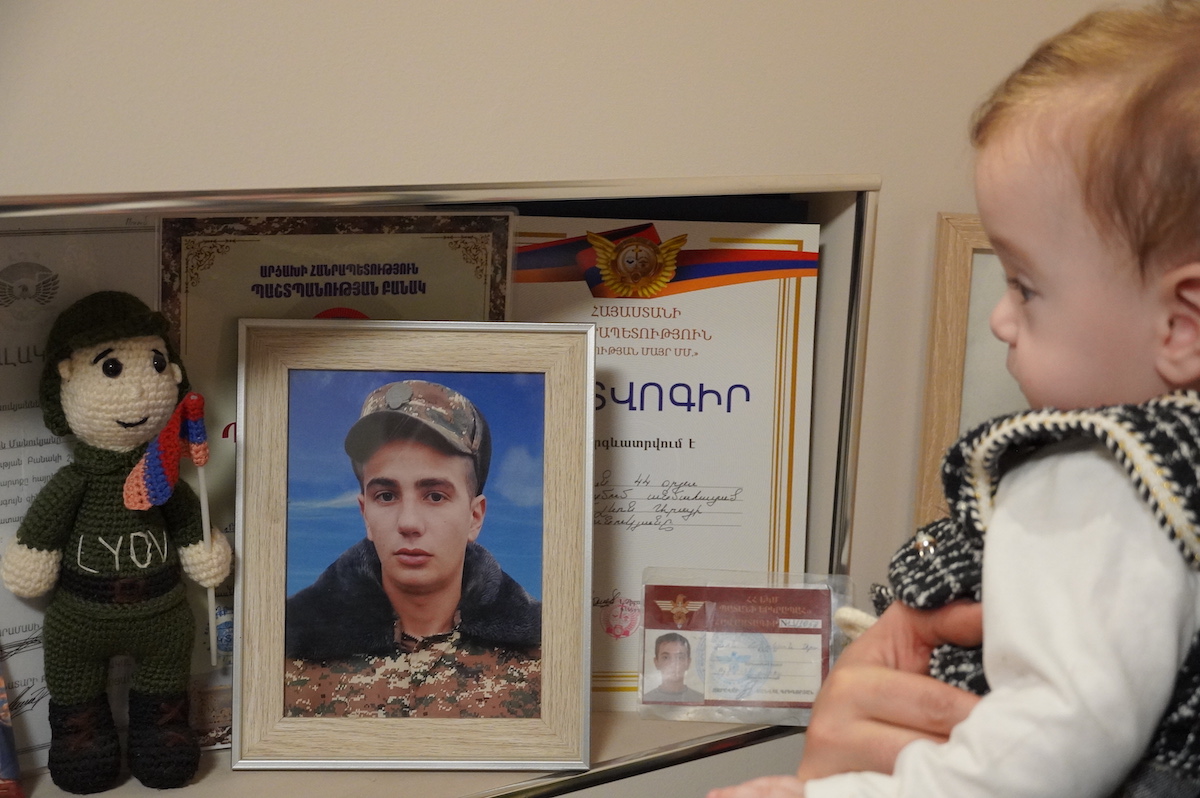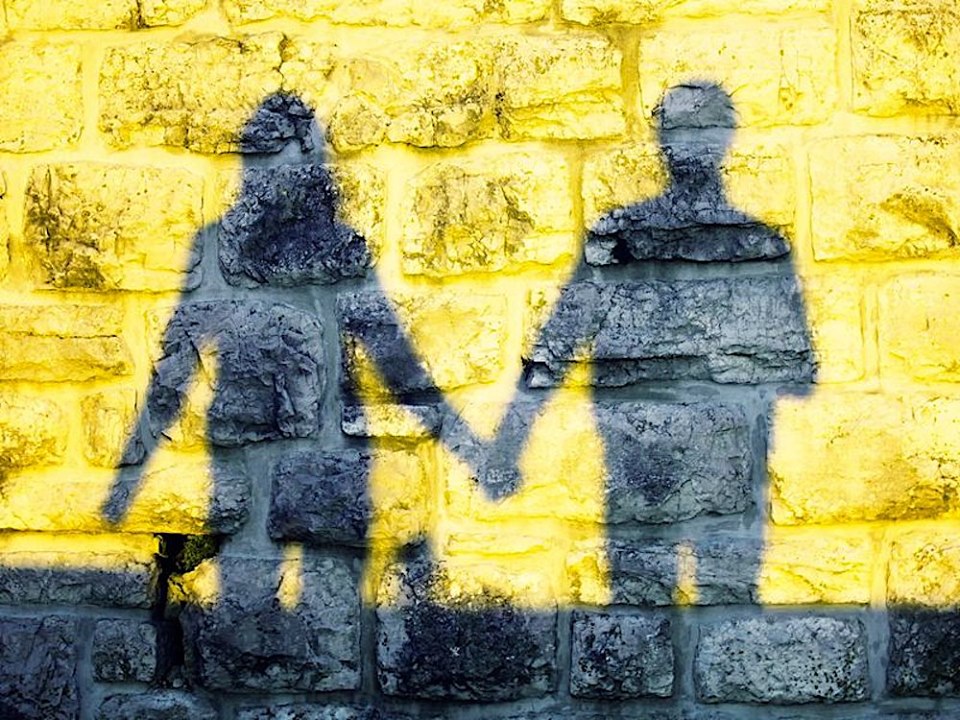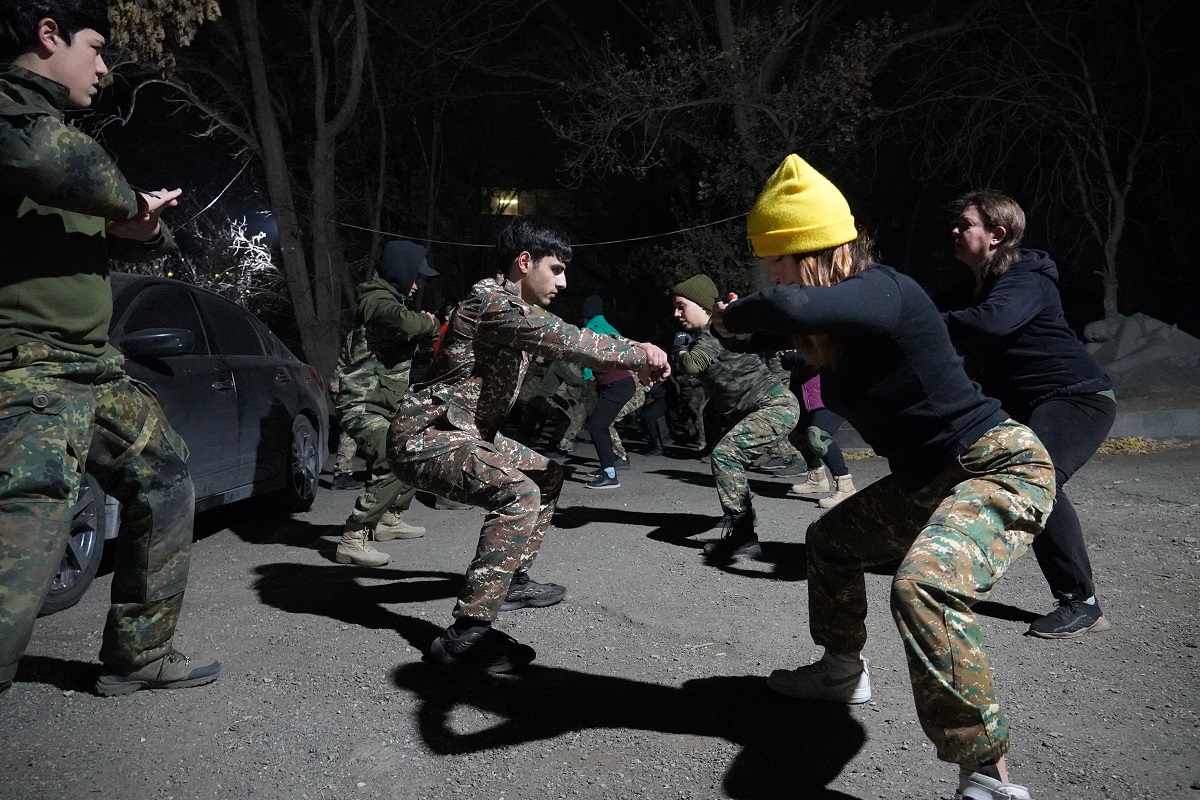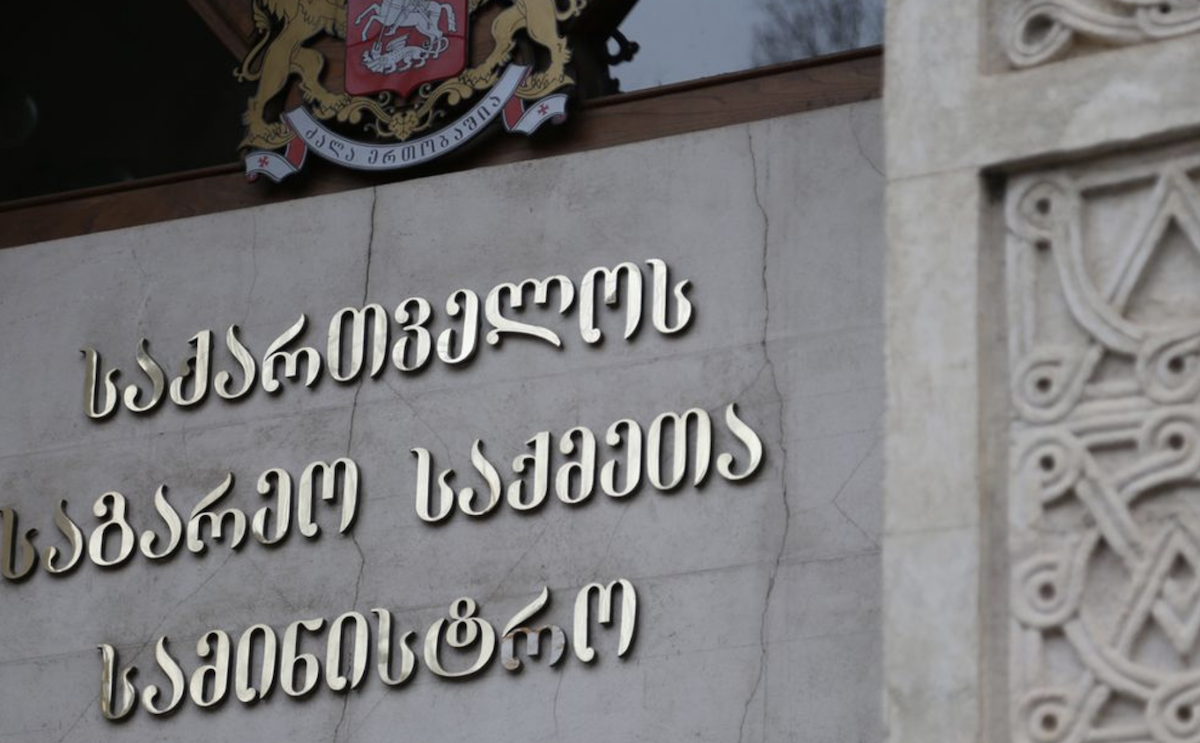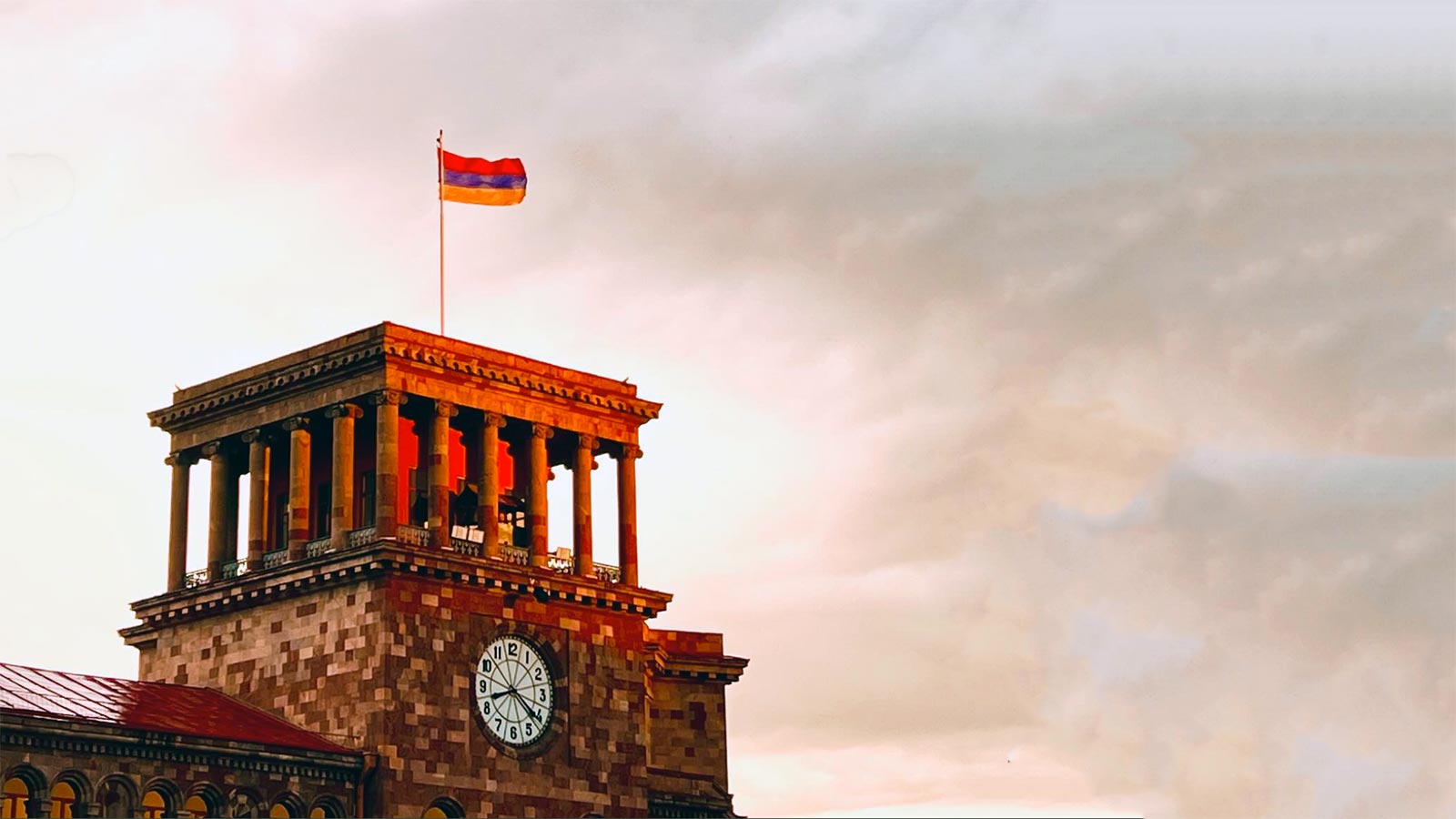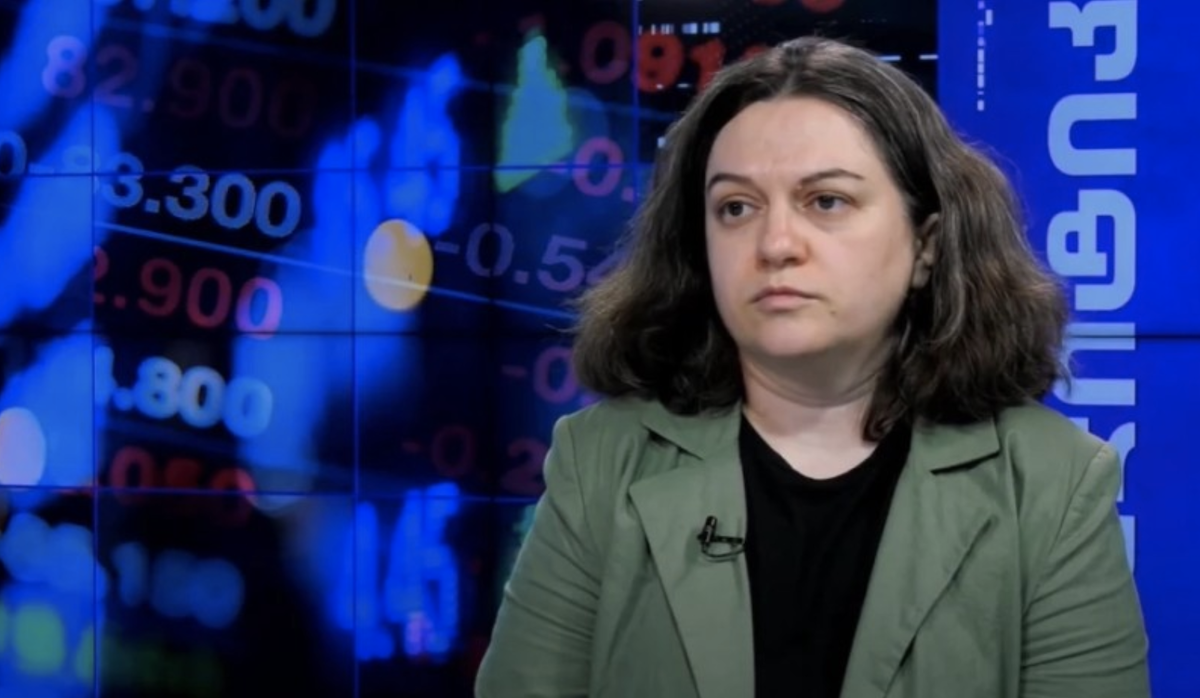Demand for surrogacy on the rise in Armenia
Surrogacy in Armenia
Although there are no statistics on how many women provide surrogacy services in Armenia each year, in 2022 sixty babies were born at the Reproduction Center of Armenia through surrogate mothers. The Ministry of Health told JAMnews that “such statistics are not kept, since the provision of the service is not within the competence and authority of the department.”
According to the head of the Center, Eduard Hambardzumyan, the number of families using the services of surrogate mothers has increased by two to three times over the past year:
“Earlier 20-30 families used the surrogate motherhood program annually, now their number is over 60. Many families are looking for a surrogate mother.”
- Born by another woman – surrogate motherhood in Armenia
- Why Ukraine has become a hot-spot for child surrogacy
- “A son died, a daughter was born”
The government decided to pay for the services of surrogate mothers
According to the director of the Reproduction Center, the increase in the number of those seeking to have a child under the surrogate motherhood program is due to a decision of the government of January 13, 2022 to provide the service free to those who lost sons in the war.
“Most of the parents who lost their children during the war have serious health problems, and experience shows that many of them need the help of a surrogate mother to give birth to a child. More than half of those who used the surrogacy program in 2022 are the parents of children killed in the war,” Ambartsumyan says.
The service has risen in price
The state decided to allocate an amount of 5.5 million drams for the services of a surrogate mother (more than $11,000 when the decision was made, at the current rate more than $14,000).
The head of the Center says that with the start of the state support program, not only the demand for surrogate mothers has increased but the amount they charges as well.
In order to deal with the growing demand, the Armenian Association of Reproductive Medicine proposed to the Ministry of Health raising the allowable age limit for the provision of surrogacy services from the current 35 to 39 years.
“If the Ministry of Health agrees, we will be able to attract women of this age group to surrogacy programs. This will help us a lot. A number of European countries allow women under the age of 44 to be recruited,” Ambartsumyan says.
Hospitals also try to attract women into becoming surrogate mothers, but for medical reasons only 20-20% are permitted.
“Most people come because of social problems, for money. But there are also cases when women agree to become surrogate mothers for humanitarian reasons, out of a desire to help the parents of the victims,” Ambartsumyan says.
“Sometimes the jealousy of mothers interferes with normal relationships”
According to the surrogate motherhood program, a psychologist also works with couples expecting the birth of a child and the surrogate mother, if necessary. According to Eva Margaryan, a psychologist at the Center, the main problems in the relationship between a surrogate mother and couples come from emotions and expectations:
“The parents of the child require the surrogate mother to comply with all the points prescribed in the agreement, while the mothers’ jealousy sometimes prevents normal relationships from developing.”
According to available statistics, divorced women who find it difficult to support their children without a husband more often agree to become surrogate mothers. There are also cases in which women who are married, that is, a couple, apply for participation in the program. They see surrogacy as an opportunity to earn money for some family expenses.
Often the women participating in the program try to hide their pregnancy, spending their pregnancy away from home to avoid gossip.
Surrogate mothers often spend the last months of pregnancy with the families for whom they are giving birth; this allows the new parents to monitor the health of the mother and baby.
“Our surrogate mother gave us new life”
Angela Yeghiazaryan, 51, applied with her husband to participate in the state surrogacy program after the death of her only son. Avetik, 26, died in the 2020 war.
Her husband’s suggestion to use the surrogacy program first surprised Angela; she was reluctant but eventually agreed.
“I would really like to give birth to a child myself, but I have health problems and I cannot. I wanted it, but was afraid too,” Angela recalls.
When the decision was made, the couple first looked for a surrogate mother on their own.
“More than a month we searched, made inquiries, but couldn’t find one. We decided to contact the Reproduction Center. From the very first meeting with the surrogate mother, we were imbued with mutual sympathy,” Angela says.
The surrogate mother spent the final months of pregnancy next to Angela and her husband, in their house.
“Our surrogate mother was divorced and lived at her father’s house. She did not want her family to know that she was a surrogate mother. She told her parents that she was going to work in Russia,” Angela recalls.
As soon as the baby was born, it was given to the new parents. Its mother did not see it.
The couple paid the surrogate mother AMD 6,100,000 (almost $16,000). According to the agreement, the family gave her 100,000 drams ($260) monthly throughout her pregnancy, and the remainder after the birth of the child.
The couple is grateful to the surrogate mother, saying that the child has “filled their empty house.”
“The surrogate mother did a very big job. It’s like a light came back on in our lives,” Angela says.
“These women are the most important link in our work, they help infertile couples to have children. All of us, including surrogate mothers, must understand that in this way we are helping our people, helping our country to solve demographic problems. Surrogate mothers do a great and important thing, you could say heroic. These women need to be supported. And not only with words, but also with a change in the stereotypes and approaches of society,” in Eduard Ambartsumyan’s words.
Surrogacy in Armenia










